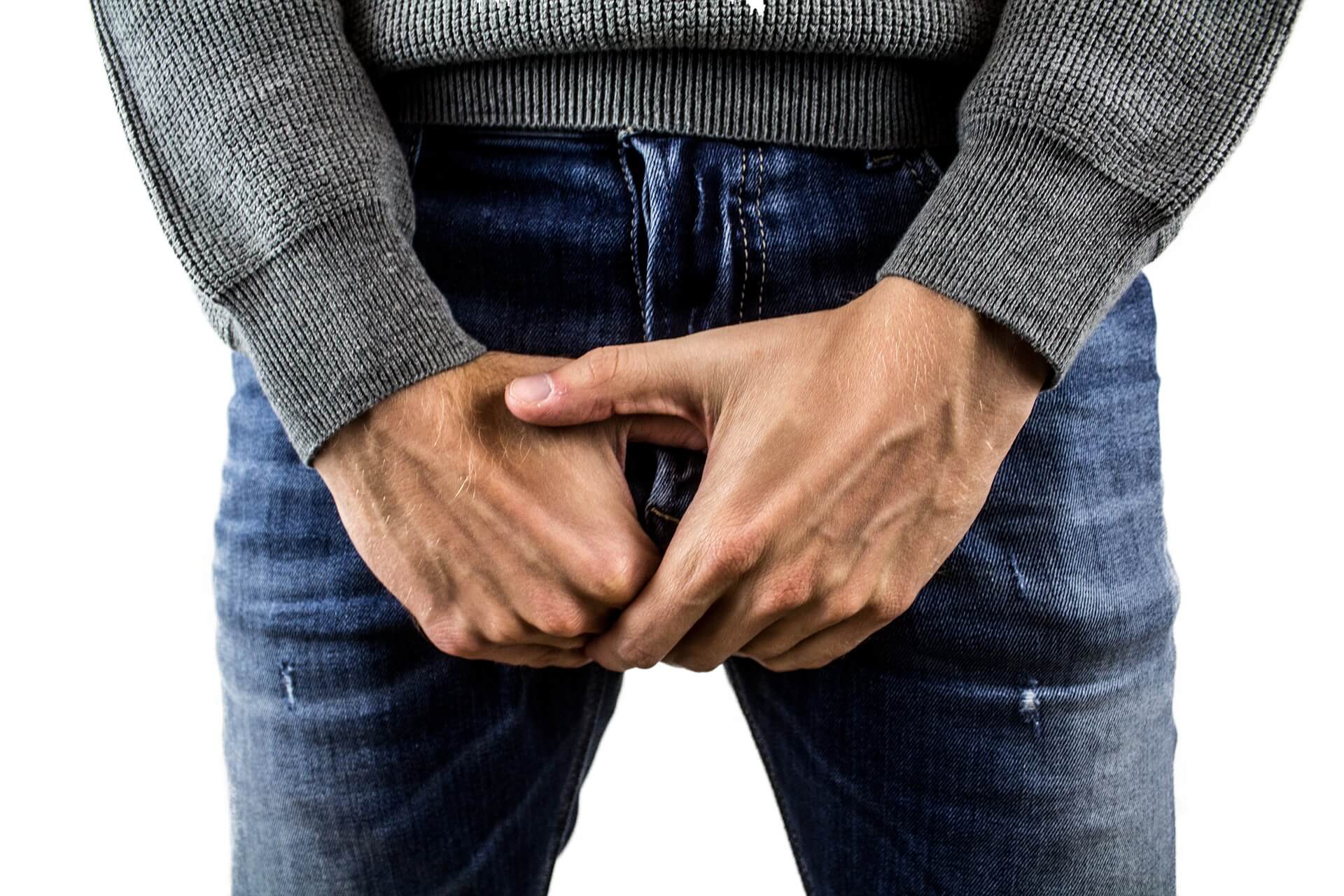Erectile dysfunction (ED) is the inability to get and keep an erection firm enough to have sex, and it is a surprisingly common disorder. Achieving an erection is quite a complex process as it involves multiple processes including the brain, hormones, nerves, muscles, and blood circulation… undeniable evidence that men can multitask! But if something interferes with this process, the result may be erectile dysfunction.
If you have trouble achieving an erection from time to time then it is not necessarily a cause for concern. However, if erectile dysfunction is an ongoing problem it can be very stressful, have a huge impact on your self-confidence and may contribute to or initiate relationship issues. It is really important to seek medical advice for erectile dysfunction, even if you are not in a relationship because if you have problems getting or keeping an erection it can be a symptom of a potentially serious underlying health condition that needs treatment and it is a notable risk factor for heart disease.
Erectile dysfunction indications?
There are multiple indications, both psychological and biological, and your age group is a really good determiner of the root cause of ED. When men in their 20’s struggle to achieve and sustain an erection the reason usually is more psychological. Some younger men report performance anxiety which occurs when a man is too nervous to sustain an erection. Other psychological indicators are depression and schizophrenia. Unfortunately, the medication prescribed for depression such as antidepressants may also cause ED, and whilst the sex drive does not necessarily decrease the ability to attain an erection, it may be impaired, which can then impact on the original reason for the depression in the first place.
Physical considerations in younger men include penile abnormalities, such as foreskin problems or curvature, diabetes, nerve injuries, hypogonadism, or multiple sclerosis (this list is by no means exhaustive). Some younger men experience ED as a result of lifestyle factors that they have more control over. For example, obesity, lack of exercise, smoking, excessive drinking, and lack of good quality sleep. Erectile dysfunction in younger men can result in a dissatisfying sex life, relationship issues, and the inability to get a partner pregnant. Although the pathological factors may be relatively mild, the emotional impact on a young man’s quality of life may be more grievous.
As a man ages the pendulum swings more towards pathological causes of erectile dysfunction, although generally there are psychological factors whatever the age. In older men, erectile dysfunction may be the first sign of other serious underlying health conditions, such as cardiovascular problems. It is important to seek treatment because erectile dysfunction can share the same risk factors for heart attacks and strokes.
According to Dr Jeff, ED is a barometer of male health as the size and structure of the artery in your penis is the same size and composition as the arteries in your heart. If you have erectile dysfunction because of arterial disease then you should heed it like a canary in the coal mine because you will almost certainly have that condition in your heart also. Therefore, it is vital that you see your GP if you have ED as it may be an indicator of a much bigger picture of underlying health concerns.
Other physical causes in older men include, prostate cancer treatment, neurological diseases such as Parkinson’s, heart disease, Peyronie’s disease (this occurs when plaques form inside the penis), kidney disease, atherosclerosis (fatty deposits on the arterial walls), diabetes, anaemia, obesity, low testosterone levels, high cholesterol, high blood pressure, and hormonal disorders such as thyroid issues.
Health concerns
Some of the medications for the health concerns previously listed also cause ED, like Beta Blockers which are used to treat conditions like high blood pressure. As with younger men, some older men suffer from ED because of their lifestyle choices as well as psychological factors such as poor communication with a partner or family, alcoholism, anxiety, depression, fatigue, smoking and stress.
Stress can be a causal factor in ED at all ages and should not be downplayed. Humans have evolved an automatic fight or flight reflex, thought to have been a favourable trait when being chased by sabre-toothed tigers. This kind of stress can save your life and the hormones released, like adrenaline, soon return to normal levels. In fact, spikes in stress can motivate you to get that promotion at work, or run the last mile of a marathon. But if you don’t get a handle on your stress and it becomes long-term then your body is continuously striving for homeostasis, and at that stage, it can seriously interfere with your job, family life, and health, including your ability to get an erection.

Alcohol can also be a general factor in ED. Whilst a small amount may help the psychological issues by reducing inhibitions and anxiety, when larger amounts are consumed it is a different story. Figures show that approximately 70% of patients with chronic alcoholism will suffer from some kind of erectile dysfunction.
As previously stated, it is vital to see your GP if you have ED because whilst it may be tempting to go to the chemist and solve the immediate problem with a little blue pill it will not solve the bigger problem, be it physiological or psychological. Your GP will perform a series of tests to establish the cause and the good news is that in the majority of cases you can resolve the issue with lifestyle changes, changing diet, reviewing current medications, taking more exercise, talk therapies, and reducing stress. If the issue is still not resolved after that and it is safe to do so, then your GP will probably advise taking medication to achieve an erection.
About Dr Jeff Foster

A Men’s Health specialist and Medical Director and founder of H3 Health. I’m passionate about raising awareness of all aspects of Men’s Health, and heavily involved in both teaching and health promotion. I’m a committee member of the British Society of Sexual Medicine, and have been involved in writing the most recent national guidelines for testosterone deficiency in men.
Get in touch with Dr Jeff
If you are a prospective patient and wish to see Dr Jeff privately, then you can book an appointment via H3 Health (03309 120769 – National Rate). Alternatively if you are a member of the Media, then please use our contact form for media enquiries.





